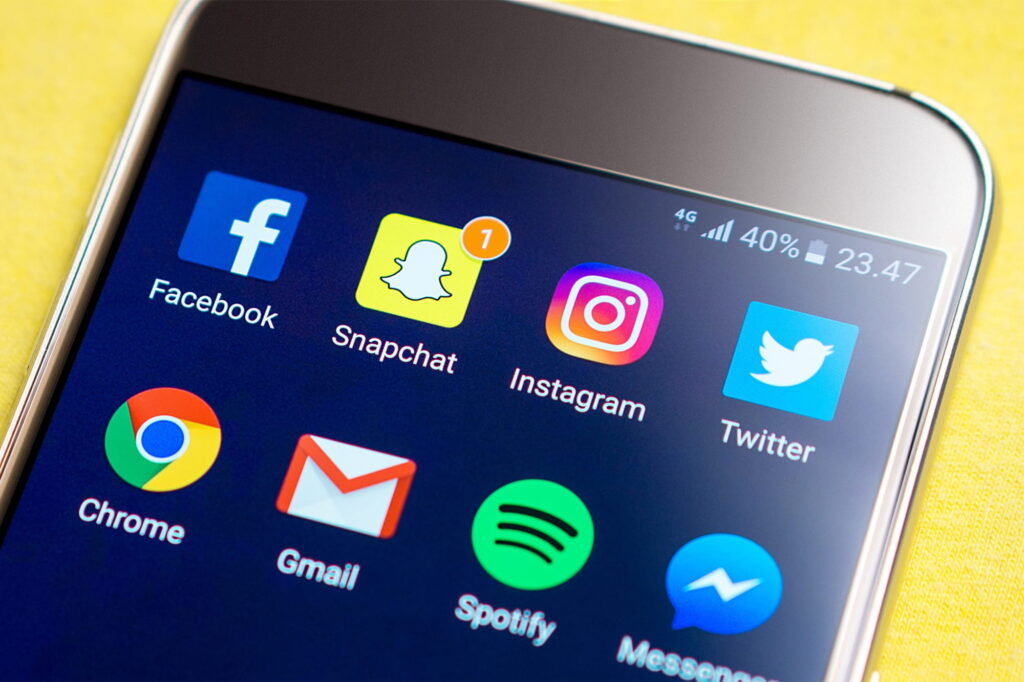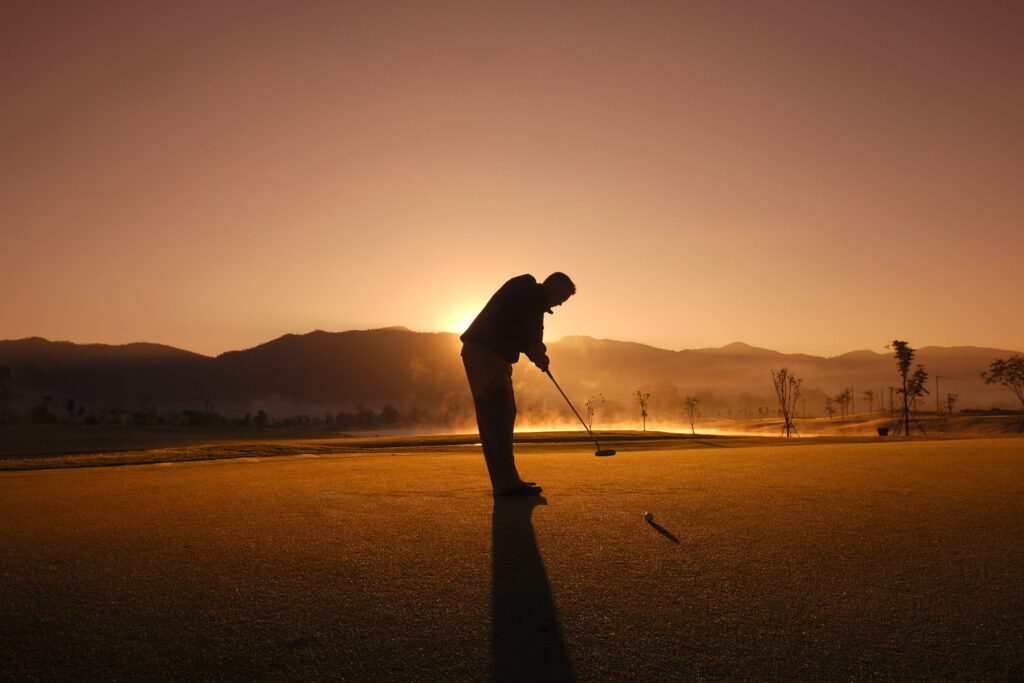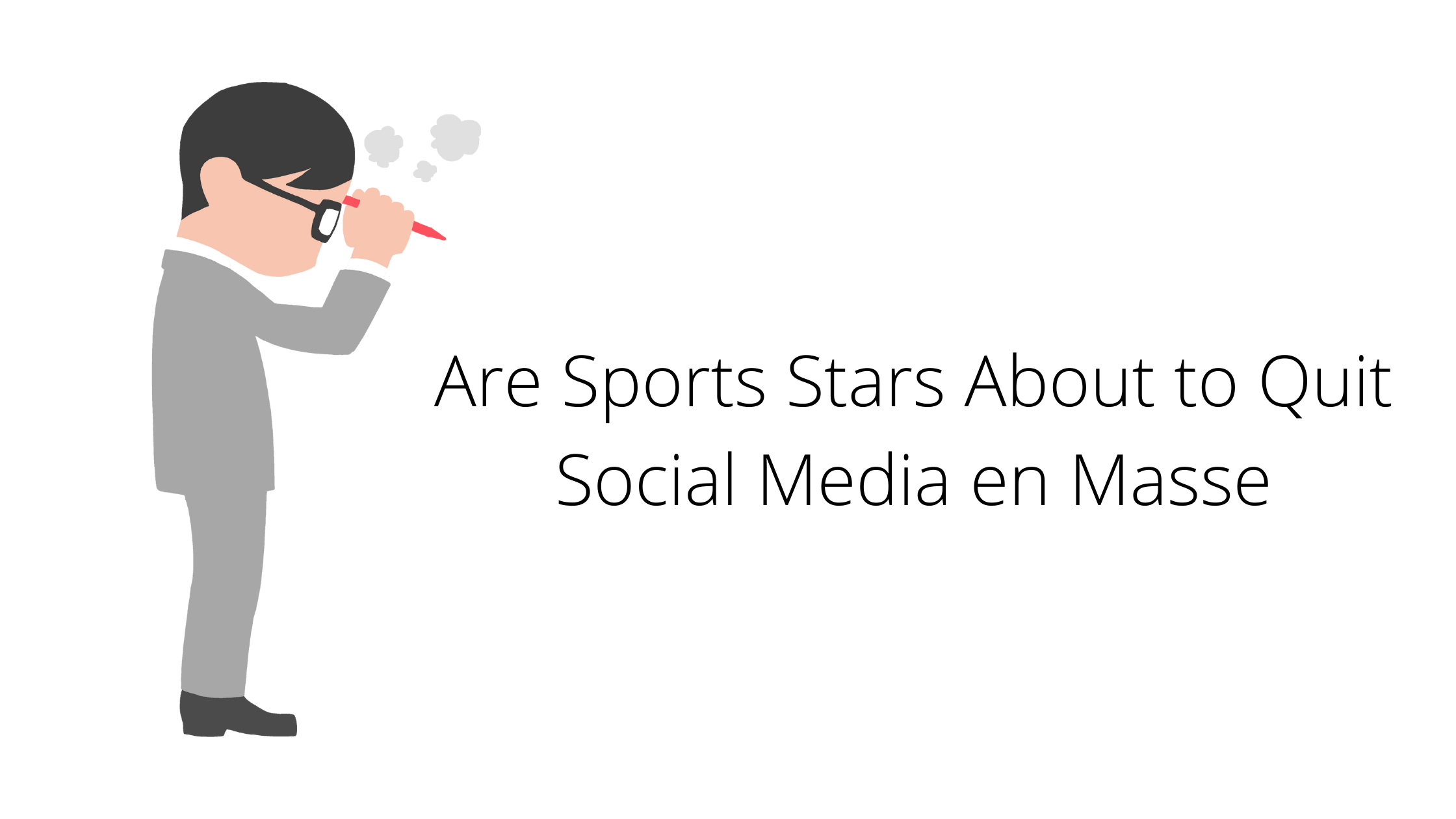The rigors of contemporary professional sport are already grueling enough, but sometimes it can all become too much when the same top athletes are then required to also promote their personal brands via social media accounts. Sometimes this issue can become so acute that athletes see their performance levels dip, as they read too much into the messages and comments they are bombarded by, across everything from Instagram to Twitter.
Here are a few of the athletes who have taken the leap and left social media, either for a short time or even for good.
We also delve into whether more sports stars will follow suit and whether this is a trend that could lead to many sports influencers venturing off in search of new platforms that better fit their needs.
Why are They Quitting?
The main reason that some professional athletes are cutting back on time spent on social media is because the negativity that comes with it can often undo all the good work that a team’s sports psychologist does during the week, meaning that an odds-on favorite to win a match or tournament can be left woefully underprepared mentally.
This can directly impact on performance and have sports bettors and fans scratching their heads, wondering why their usually reliable pick at the Ryder Cup or the Super Bowl is suddenly stinking the place out.
Of course, most players are also highly competitive and competitive by nature, which means they can be easily bated on social media. This is another good reason for many to steer clear of little blue bird and camera logos on their phones and laptops.

The average social media user can receive tens of updates and notifications in a day, whereas top sports stars can receive thousands every hour
Rory McIlroy – Tired of Twitter Spats
Back when he was the new kid on the block, Rory McIlroy’s social media followings exploded and led to him signing some of the biggest deals ever seen in sport as well as him being included in the golf betting tips made by every expert and analyst under the sun. This then further intensified when the PGA Tour’s betting favorite began a relationship with the WTA’s very own odds defying Caroline Wozniacki.
However, this social media honeymoon period soon turned sour, as the Northern Irishmen found himself unable to resist rising to the bait that peppered his feeds, just as his golf career stalled and golf picks started to favor his rivals for titles such as The Open and The Masters.
He is now back on most of the major platforms, but in a far more measured way than before.

Many players want to get back to the essence of the sport they know and love, by leaving all the other noise behind them
Thierry Henry – Making a Stand
While McIlroy’s social media hiatus took place in 2017, Thierry Henry is part of a new wave of sports stars who are deciding to leave formats like Twitter and Instagram.
Henry, who since his playing days ended has become a manager, gave many reasons for taking a stand, but mainly wants such companies to take more responsibility for the content that is spread on their respective platforms.
Other footballers have followed Henry’s lead, with many Premier League hotshots recently holding a 24-hour social media blackout.
PR and Media Companies Hired to Do the Heavy Social Media Lifting
While many huge names in the world of sport can afford to quit social media, there are those further down the food chain who often need such platforms to promote themselves and amplify their voice.
Good examples of this can be found in combat sports, where often the loudest mouths online get the biggest paydays offline.
For athletes such as these, they will have no option but to harden themselves to the online trolls, while for stars with deep enough pockets there are always PR and marketing companies out there that will act as custodians of their accounts for them.
However, as Man City’s Phil Foden recently discovered, that is not always a sure fire way to inoculate yourself from social media gaffs.

